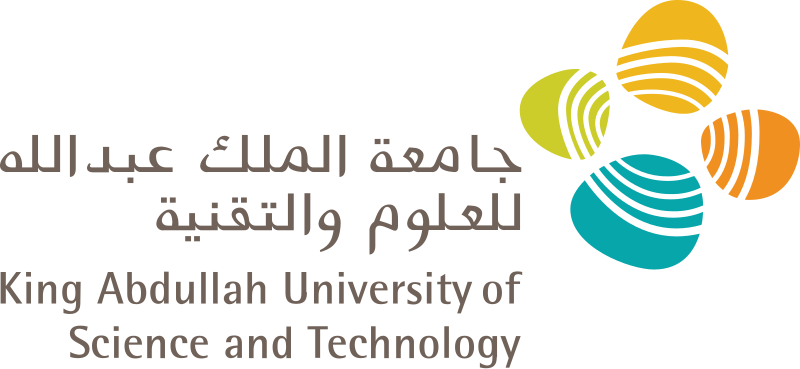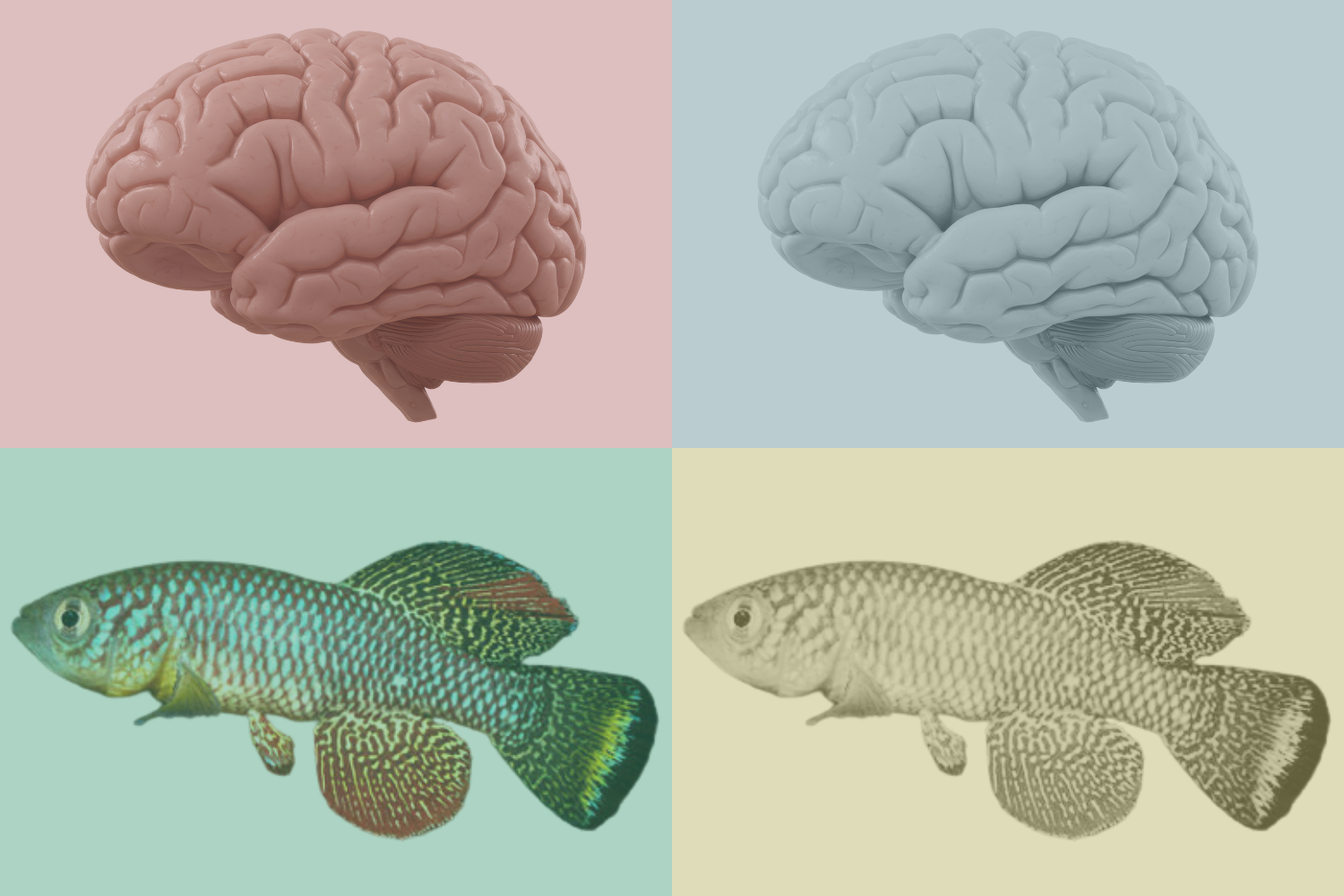
Applying to KAUST - Your Complete Guide for Masters & Ph.D. Programs (Upcoming Admissions)
Admissions Overview & Key Requirements

Aging and neurodegenerative diseases like Alzheimer’s and Parkinson’s have long been linked to the brain’s struggle to maintain healthy proteins. This delicate balance, called proteostasis, keeps protein production and quality under control. When proteostasis breaks down, harmful protein clumps accumulate in brain cells, damaging their function. But scientists haven’t fully understood why this balance breaks down with age—until now.
In groundbreaking research published July 30 in Science, scientists at Stanford University have identified exactly how this process goes awry in aging brains. Using the turquoise killifish, researchers compared young, adult, and old fish brains to map changes in protein production. They looked at various players in protein production, such as amino acid concentrations, levels of transfer RNA, messenger RNA (mRNA), proteins, and more.
The study found that in older brains, the molecular machinery called ribosomes, which reads genetic messages (mRNA) and assembles proteins by linking amino acids, begins to malfunction. Instead of gliding steadily along the mRNA, they start to stall and collide as they move along the mRNA, leading to fewer proteins made and increased protein clumping.
“This discovery provides a molecular explanation for why protein production loses accuracy as we age,” said Judith Frydman, lead author of the study and professor at Stanford. “Understanding this is crucial because it helps explain the fundamental causes of brain aging and neurodegeneration.”
The study also sheds light on a mystery known as protein-transcript decoupling — where changes in mRNA levels no longer match changes in protein amounts in aging cells. The findings indicate that ribosome dysfunction contributes to this mismatch, particularly affecting proteins that maintain the genome’s integrity.
The research team aims to investigate whether improving ribosome function could restore healthy protein production in aging brain cells. If successful, such treatments might slow down or prevent age-related cognitive decline and neurodegenerative diseases.
“This work opens new avenues for developing treatments to combat aging-related brain diseases,” said Jae Ho Lee, co-author of the study, now a professor at Stony Brook University. “By targeting the protein production process itself, we may one day delay or prevent the mental decline everyone faces as they grow older.”
Share

Applying to KAUST - Your Complete Guide for Masters & Ph.D. Programs (Upcoming Admissions)
Admissions Overview & Key Requirements

An mRNA cancer vaccine may offer long-term protection
A small clinical trial suggests the treatment could help keep pancreatic cancer from returning

Registration Opens for SAF 2025: International STEAM Azerbaijan Festival Welcomes Global Youth
The International STEAM Azerbaijan Festival (SAF) has officially opened registration for its 2025 edition!

Young Leaders Union Conference 2025 in Paris (Fully Funded)
Join Global Changemakers in Paris! Fully Funded International Conference for Students, Professionals, and Social Leaders from All Nationalities and Fields

Yer yürəsinin daxili nüvəsində struktur dəyişiklikləri aşkar edilib
bu nəzəriyyənin doğru olmadığı məlum olub. Seismik dalğalar vasitəsilə aparılan tədqiqatda daxili nüvənin səthindəki dəyişikliklərə dair qeyri-adi məlumatlar əldə edilib.

Lester B Pearson Scholarship 2026 in Canada (Fully Funded)
Applications are now open for the Lester B Pearson Scholarship 2026 at the University of Toronto!